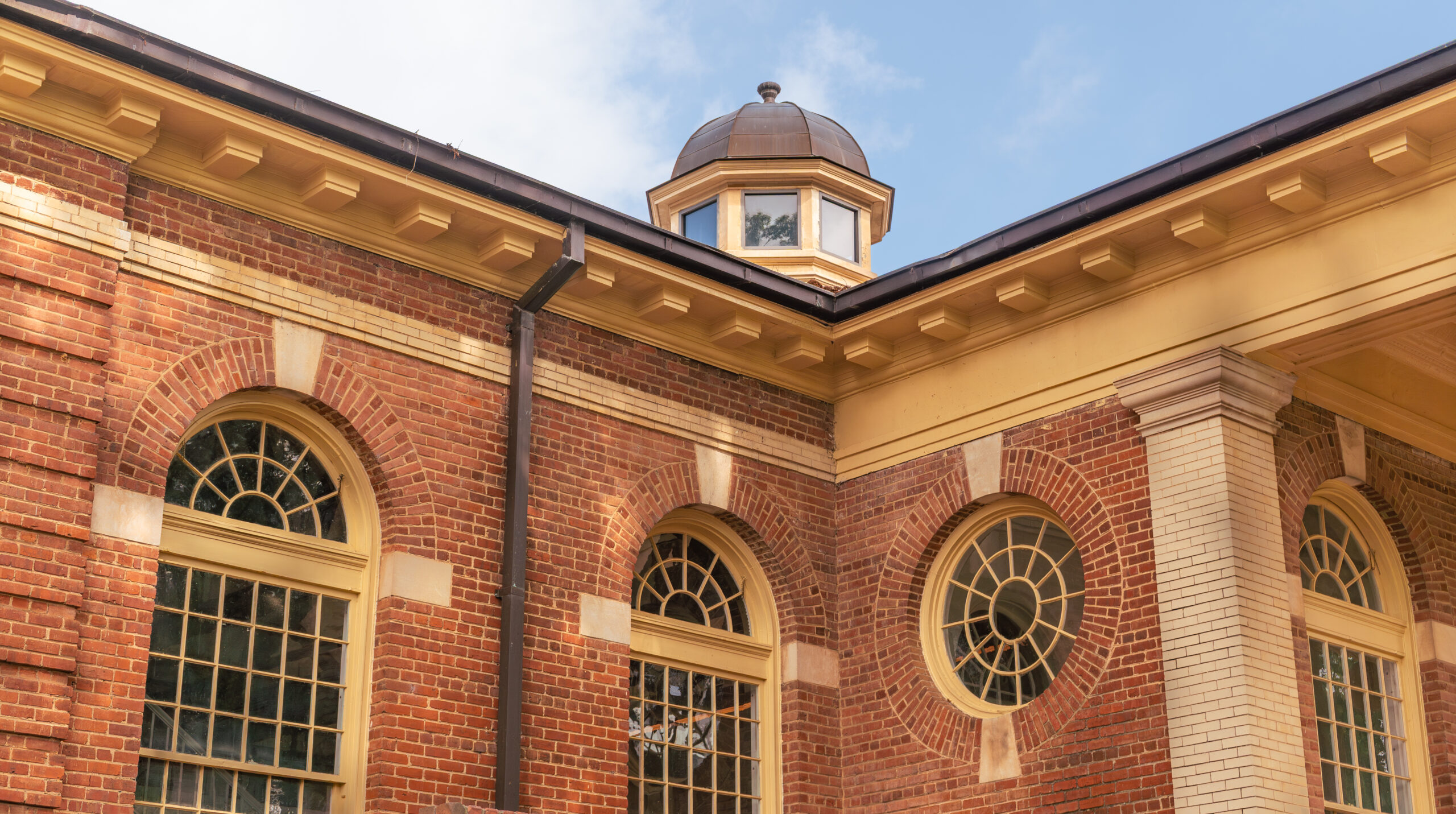From Mozambique to Williams Hall: An A-maizing Partnership
When crop physiologist Hamilton Chiango arrived at NC State University from Mozambique three months ago, he was determined to learn new techniques for researching drought’s effects on maize, an important crop for his home country.
He did just that – and much more.
Chiango is a researcher and lecturer at Mozambique’s oldest and largest university, Eduardo Mondlane University in Mabuto. He is also one of three scholars who have crossed oceans to study with College of Agriculture and Life Sciences faculty members since 2017 as part of the U.S. Department of Agriculture’s Borlaug International Agricultural Science and Technology Fellowship Program. His NC State mentor was Tom Sinclair of NC State’s Department of Crop and Soil Sciences, a researcher for close to 50 years.
Research With Implications Here and Abroad
The fellowships cover a range of disciplines and agricultural commodities. Chiango’s work at NC State focused on corn and maize, one of the leading agricultural crops in the world and the United States.
Fellows are generally scientists, researchers or policymakers who are in the early or middle stages of their careers. They work one-on-one with a mentor at a U.S. university, research center or government agency, usually for eight to 12 weeks. In turn, the U.S. mentor visits the fellow’s home institution to continue collaborating on research that leads to solutions with implications both here and abroad.
Hamid Ashrafi, in the Department of Horticultural Science, and Jean Ristaino, in the Department of Entomology and Plant Pathology, have also mentored Borlaug Fellows. This fall, Ashrafi, Gina Brown-Guedira, of USDA’s Agricultural Research Service, and Vasu Kuraparthy of the Department of Crop and Soil Sciences will welcome a fourth fellow.
Before Chiango came to NC State, he had been studying how different genetic lines of maize and tree crops respond to drought in terms of photosynthesis. He started the work in Maputo and continues it in his ongoing Ph.D. studies in Portugal.
A Hands-On Experience
During his fellowship, Chiango studied how different lines of maize express two water-conservation traits: sensitivity to soil drying and to atmospheric vapor pressure deficits. In Sinclair’s lab, Chiango gained hands-on experience in measuring those traits and then analyzing the data he’d collected.
“I knew about these techniques from reading about them in scientific papers, but I didn’t have that hands-on experience I gained here,” Chiango said. “They trained me very well. They taught me everything from how you process the data, how you prepare and then do the experiments, and if there is something wrong, how you can correct it.”
Through the fellowship, Chiango not only gained knowledge and skills, but he began what he hopes will be enduring relationships with the scientists he worked with.
He plans to share what he learned through his Ph.D. thesis, he also has a journal article on his research at NC State in the works.
Chiango chose to focus on drought because it’s a major limiting factor when it comes to maize production in the southern part of Africa, and he thinks climate change, deforestation and other factors exacerbate that problem.
Chiango wants to lower that toll.
“What’s most important to me is that after I finish these experiments, I will be able to spread what I learn here to our students and to our university community in Mozambique,” Chiango said. “It was important for me to come here because I know that my training will impact a lot of people when I go back. I want people to be able to raise crops that are resistant to drought, so that people can have food and not face hunger because of drought.”

Want to learn more about becoming a mentor and collaborator for scientists like Hamilton Chiango?
As the program’s coordinator for CALS’ International Programs, Tucker works with faculty members to develop proposals. If a proposal is awarded, her office coordinates logistics and serves as the liaison between the fellow and USDA Foreign Agricultural Service.
“The ultimate goal of the Borlaug Program is to develop long-lasting research partnerships with the fellow and their research institution to address global issues, which will benefit NC State, the United States and the fellow’s home country,” Tucker said. “Any opportunity to internationalize the NC State population enables us to grow. We learn more about international customs, develop new research protocols based on available resources and gain a deeper understanding of worldwide grand challenges.”
This post was originally published in College of Agriculture and Life Sciences News.
- Categories:


